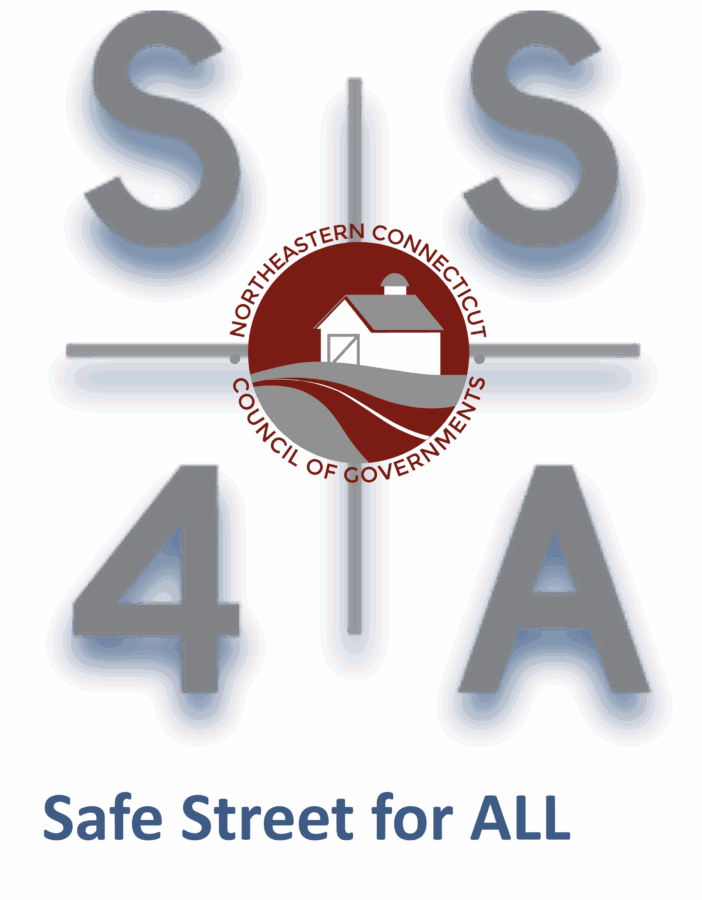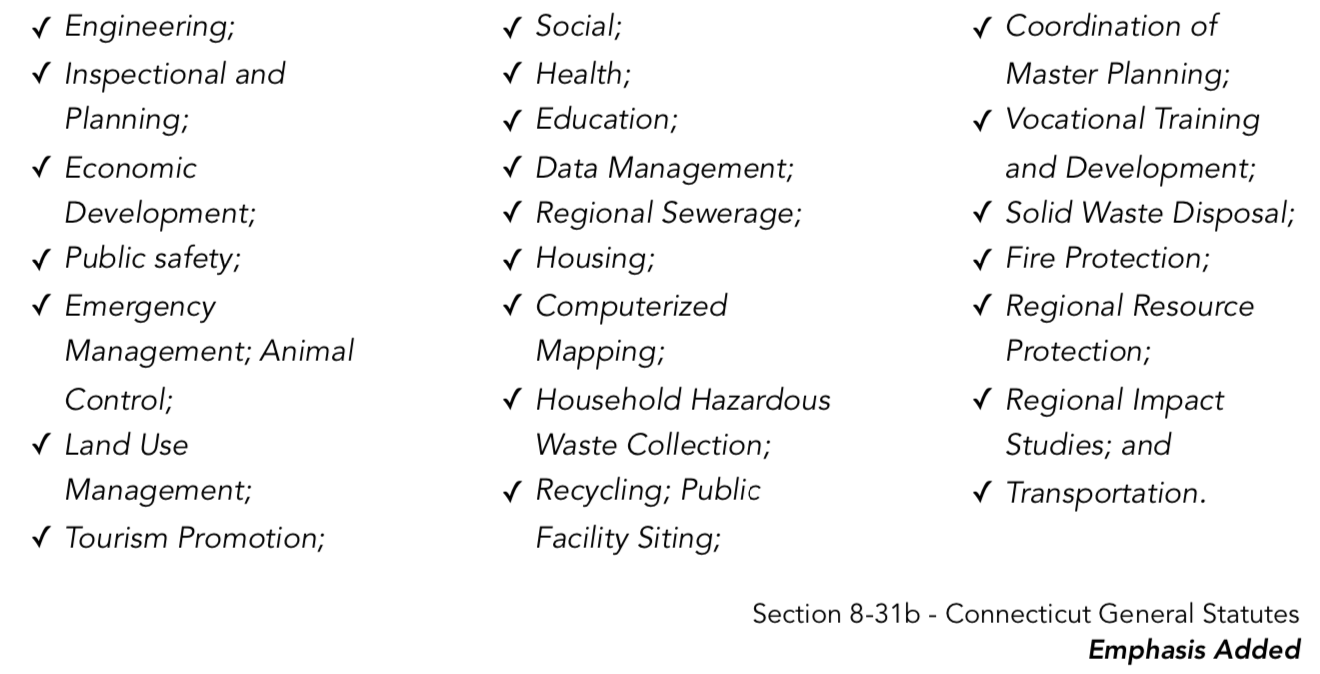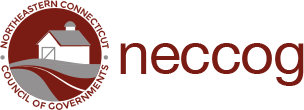

NECCOG has received federal funding through the U.S. Department of Transportation (USDOT) Safe Streets and Roads for All (SS4A) grants program to update its Regional Transportation Safety Action Plan for northeastern Connecticut. Safety Action Plans are aimed at reducing and eliminating serious-injury and fatal crashes affecting all roadway users. The SS4A grant program is based on the USDOT National Safety Strategy Safe System Approach, which includes a shift to improve safety culture, increase collaboration across all safety stakeholders, and refocus transportation system design and operation on anticipating human mistakes and lessening impact forces to reduce crash severity and save lives to reduce and eliminate deaths and serious injuries on the nation’s roadways.
https://neccog.org/wp-content/uploads/2023/11/Northeastern-CT-Regional-Safety-Plan-2021-Reduced.pdf
More Information coming soon!
The Northeastern CT Council of Governments (NECCOG) has partnered with the Central Massachusetts Regional Planning Commission (CMRPC) acting as the lead agency, and the Montachusett Regional Planning Commission (MRPC) in developing a Comprehensive Action Plan to reduce climate pollution in the Worcester Metropolitan-MA and Northeast-CT Region with a Climate Pollution Reduction Grant (CPRG) from the Environmental Protection Agency (EPA).
What is the Climate Pollution Reduction Grant – Comprehensive Climate Action Plan?
The Climate Pollution Reduction Grant (CPRG) is a US Environmental Protection Agency (EPA) program funded through the Inflation Reduction Act (IRA). The program aims to develop regional short- and long-term climate plans with a goal to address climate change and reduce greenhouse gas (GHG) emissions within the Worcester, MA-CT Metropolitan Area. CPRG is a 4-year planning grant to develop a Priority Climate Action Plan (PCAP), Comprehensive Climate Action Plan (CCAP)
NECCOG
NECCOG is focused on achieving results for our member towns through regionalism — offering a range of voluntary – member initiated programs and services — depending on the collective and/or individual needs of our member towns. These programs include: transportation planning and project assistance; engineering; land use planning and regulation development; economic development; administrative assistance; animal services; transit administration; property revaluation; emergency preparedness; geographic information services and paramedic intercept services. Our regional approach to problem solving enables our member towns to achieve efficiencies and economies of scale that individually would be difficult to realize. NECCOG’s staff, acting as an extension of each member town, has a wide range of expertise and experience to address and assist our member towns with their collective and individual needs.


